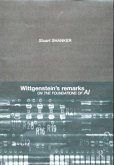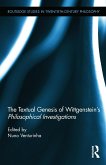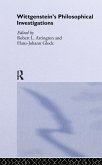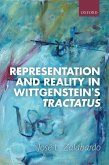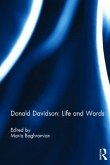Ludwig Wittgenstein (1889-1951) has exerted a more powerful influence on contemporary philosophy than any other twentieth-century thinker. But what is the nature of this influence and why has it proved so enduring? In "Wittgenstein's Lasting Significance," twelve contemporary philosophers explore the issues surrounding Wittgenstein's importance and relevance to modern thought. Their articles, ten of which are published here for the first time, cover all of Wittgenstein's major publications: the "Tractatus Logico-Philosophicus," "Philosophical" "Investigations," "On Certainty," and "Remarks on the Foundations of Mathematics." They discuss how much originality and continuity can be found in Wittgenstein's thought, how he relates to current traditions and movements within philosophy, and what we can learn from his conceptions of language, knowledge, mathematics and logic. The international set of contributors are renowned for their work in both Wittgenstein studies andother fields of philosophy, making "Wittgenstein's Lasting Significance" an important collection for anyone interested in contemporary philosophy.


